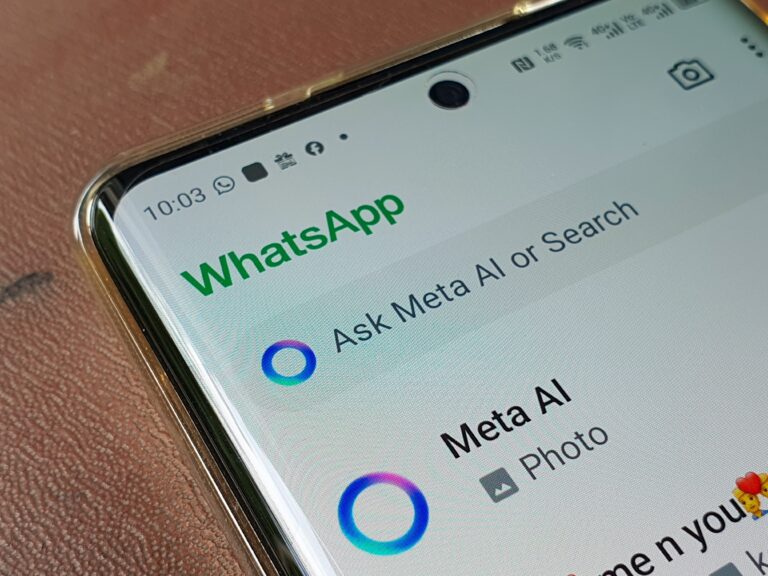Meta has introduced a new generation of smart glasses powered by artificial intelligence. The company wants them to become essential everyday accessories worldwide.
Highlights from Meta Connect
At the Meta Connect developer conference, CEO Mark Zuckerberg revealed several products made with Ray-Ban and Oakley. A neural wristband stood out as a key feature. It pairs with the Meta Ray-Ban Display glasses and allows users to send messages using subtle hand gestures.
The announcement comes as Meta faces continued scrutiny over its platforms. Activists have raised concerns about risks to children. Zuckerberg described the innovation as a “huge scientific breakthrough” while addressing hundreds of attendees at the Silicon Valley campus.
Capabilities of the smart glasses
The Meta Ray-Ban Display features a high-resolution color screen in one lens. Users can make video calls and read messages directly. The glasses also include a 12-megapixel camera.
Zuckerberg hopes the glasses will act as a main gateway for integrating Meta AI into daily life. Analysts believe the product has better prospects than the expensive Metaverse project. Virtual worlds have yet to attract mass adoption.
“Unlike VR headsets, glasses are practical and lightweight,” said Mike Proulx, Research Director at Forrester. He added: “Meta still needs to convince users that the benefits outweigh the cost.”
Pricing and market expectations
Meta has not released official sales numbers. Industry estimates suggest around two million smart glasses sold since 2023. The new Display model launches this month at $799, roughly £586. That is far higher than Meta’s previous models.
Leo Gebbie of CCS Insight doubts the Display will reach the same success as earlier versions. “Ray-Bans performed well because they are discreet, simple, and affordable,” he said.
Zuckerberg also introduced Oakley Meta Vanguard glasses for athletes, priced at $499. The second generation of Ray-Ban Meta glasses launched at $379.
Expanding AI investments
Meta is investing billions in artificial intelligence. In July, Zuckerberg announced hundreds of billions of dollars for new US data centers. One site will cover nearly the size of Manhattan.
The company is also recruiting top talent from rival firms. Its long-term goal is to build “superintelligence,” AI capable of surpassing human abilities.
Protests and calls for safety
On Wednesday, parents and activists protested outside Meta’s New York headquarters. They demanded stronger protections for children on the company’s platforms.
Last week, two former Meta safety researchers testified before the US Senate. They claimed Meta concealed potential risks to children from virtual products. Jason Sattizahn and Cayce Savage said the company blocked internal research that could reveal harm.
Meta denied the allegations and dismissed them as “nonsense.”


